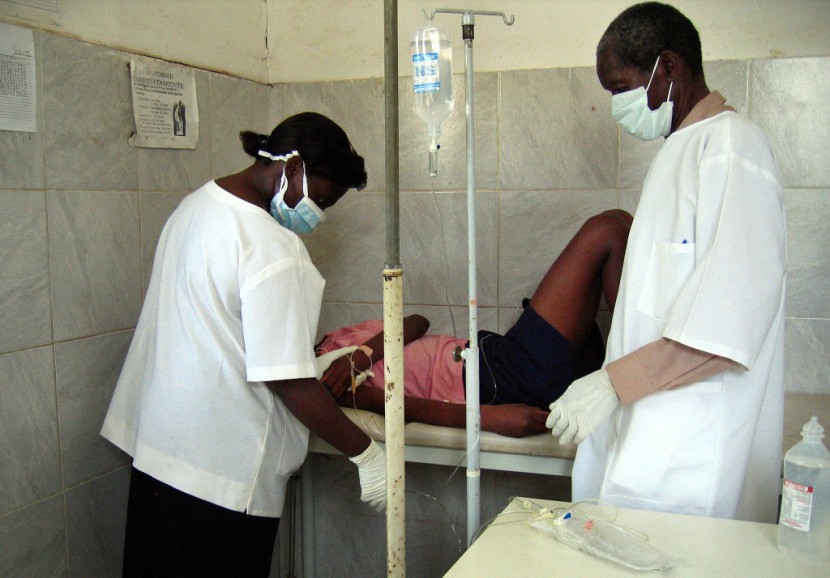
The World Health Organization (WHO) has amplified monitoring in response to Equatorial Guinea's confirmation of a Marburg virus outbreak.
Marburg virus is a deadly and highly contagious condition that claimed nine lives in the African nation. TAl Jazeera reported that theUN agency held an urgent meeting on Tuesday with a Marburg virus vaccine consortium (MARVAC) official to explore vaccine and treatment options and research goals,
The WHO country representative in Equatorial Guinea, George Ameh, stated that "surveillance in the field has been intensified" and they adopted COVID-19 teams initially sent to the area to speed up efforts.
WHO experts in epidemiology, case management, infection prevention, laboratory, and risk communication helped the Central African nation respond to the outbreak. After discovering an unknown hemorrhagic fever last week, Equatorial Guinea isolated over 200 persons and severely limited travel in the province of Kie-Ntem.
Read Also : Vaping May Increase Risk of Severe COVID-19
Ebola-Like Disease
The Marburg virus, like the Ebola virus, is transmitted from person to person through direct contact with infected bodily fluids or contaminated surfaces like shared bedding.
According to the CDC, Marburg virus infection is a hemorrhagic fever that may damage organs and cause bleeding. The uncommon virus was discovered in 1967 after it generated simultaneous sickness outbreaks in labs in Marburg, Germany, and Belgrade, per USA Today.
Meanwhile, an experimental Marburg virus vaccine proved safe and elicited an immunological response in a tiny, first-in-human clinical study, according to the National Institutes of Health, citing a Lancet report.
Scientists at the National Institute of Allergy and Infectious Diseases (NIAID) have created a vaccine that shows promise as a weapon for combating Marburg virus epidemics in the future.
Related Article: The Climate Change-Malaria Connection
© 2025 HNGN, All rights reserved. Do not reproduce without permission.








